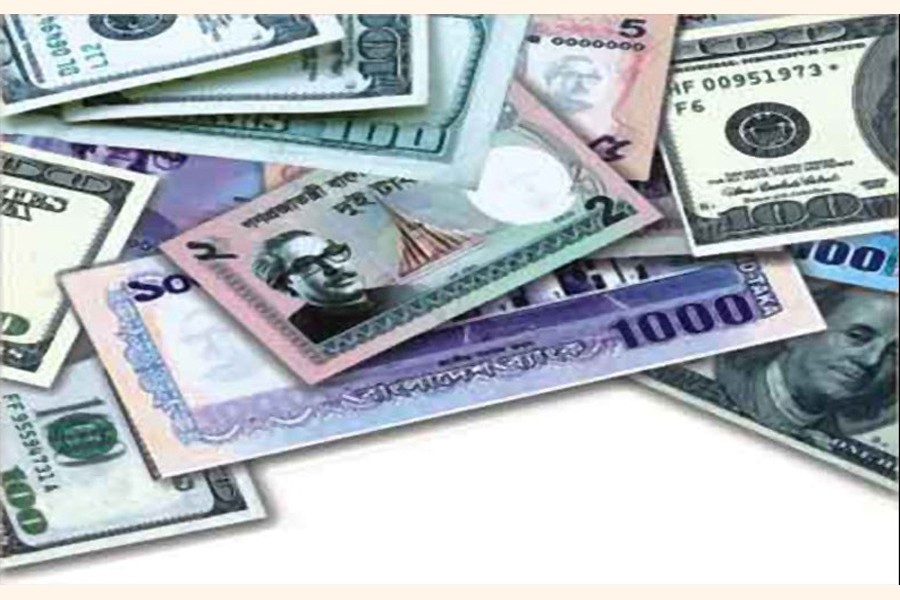The country's current account balance recorded a surplus for the fifth consecutive month, reaching US$ 4.1 billion in November 2020, as against a deficit of $1.4 billion recorded in the same period a year earlier, according to the Bangladesh Bank's (BB) latest data.
This is the highest-ever current account surplus since fiscal year (FY) 1996-97, according to the BB data.
The current account has been in the deficit territory until last FY, beginning from 2016-17. It started entering into positive territory from this fiscal.
The current account reflects a country's total transactions with the rest of the world. A deficit suggests that the nation is a net borrower, while a surplus means it is a net lender.
Economists said the surplus in current account balance is mainly due to a contraction in trade deficit, largely on account of a steeper decline in merchandise imports amid the Covid-19 pandemic as compared to exports on a year-on-year basis.
Dr. Zahid Hussain, an independent economist, told the FE: "This is due to high remittance inflow and low import rate." The rising trend will start to fall after growth in import, he noted. Bangladeshi workers sent nearly $11.0 billion during the first five months of FY 21. They had sent $7.7 billion during the same period a year earlier.
Remittance inflow during the period under review jumped 27 per cent to $11.77 billion after the pandemic-led travel restrictions increased the flow through legal channels.
The trade balance, however, contracted to $4.7 billion in July-November 2020, as export receipt was $1.6 billion and import $2.0 billion.
Commenting on the development, Dr Hussain said despite the Covid-19 outbreak, the country's economy has witnessed a remarkable turnaround in external front.
The external side has continued to firmly batten down the hatches during the ongoing pandemic by posting a current account surplus for the fifth straight month. The current performance of the economy has created an adequate foreign exchange reserve buffer to cushion any subsequent rise in the trade gap. The forex reserve stood at $42.5 billion in this month (January).
On the other hand, the medium and long-term loan amount was recorded at nearly $2.0 billion in November 2020 as against $1.5 billion a year earlier.


